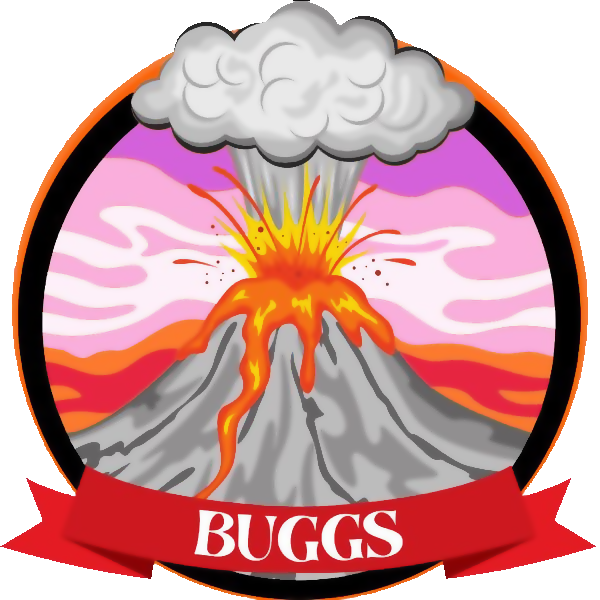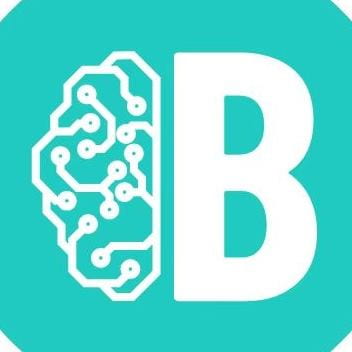Proposed by Dr Anne Westcott

Overview
Rapid advances in technologies—from genetic sequencing and gene editing to AI-driven diagnostics, synthetic biology, and digital health applications—are opening new frontiers in our understanding and management of human health. These innovations hold the promise to prevent, diagnose, and treat diseases more effectively. However, significant challenges remain: ensuring data quality and data validation, managing ethical and societal implications, and addressing global disparities in access to these cutting-edge solutions. It’s essential to design solutions that deliver genuine patient value while being efficacious, safe, equitable, and sustainable.
Challenge
Develop a technology-driven solution or a conceptual design that could positively transform global healthcare. Your solution should address one or more of the following areas:
- Prevention, Diagnosis, or Treatment of Disease: How can emerging technologies be harnessed to improve health outcomes in one or more of these areas?
- Data Integrity and Safety: Detail how you would source, validate, store, and protect the critical data underlying your solution to meet regulatory standards and ensure patient safety.
- Ethical and Global Equity Considerations: Explain how your design addresses ethical concerns and remains cost-effective and accessible to diverse populations worldwide.
- Scalability and Real-World Impact: Describe how your solution can be implemented at scale to offer tangible benefits to healthcare systems and communities, including considerations of funding, roll-out strategies and supply chain.
Output ideas
Participants can approach this challenge in a variety of innovative ways, including:
- Prototype a Digital Health Tool: Create a working model or simulation of a health app or AI-powered system that integrates emerging technologies to improve health outcomes.
- Design a Detailed Concept: Develop a comprehensive mock-up or storyboard outlining the solution’s purpose, approach, data flow, ethical safeguards, and scalability.
- Develop a Research Proposal: Present a thorough proposal detailing your innovative approach, including methods for data validation, risk mitigation, and regulatory compliance.
Resources
Yadav S. Transformative Frontiers: A Comprehensive Review of Emerging Technologies in Modern Healthcare. Cureus. 2024 Mar 20;16(3):e56538. doi: 10.7759/cureus.56538. PMID: 38646390; PMCID: PMC11027446.
AI: it’s not all “robot uprisings” – A true force for good in the healthcare space | Blood Cancer UK










